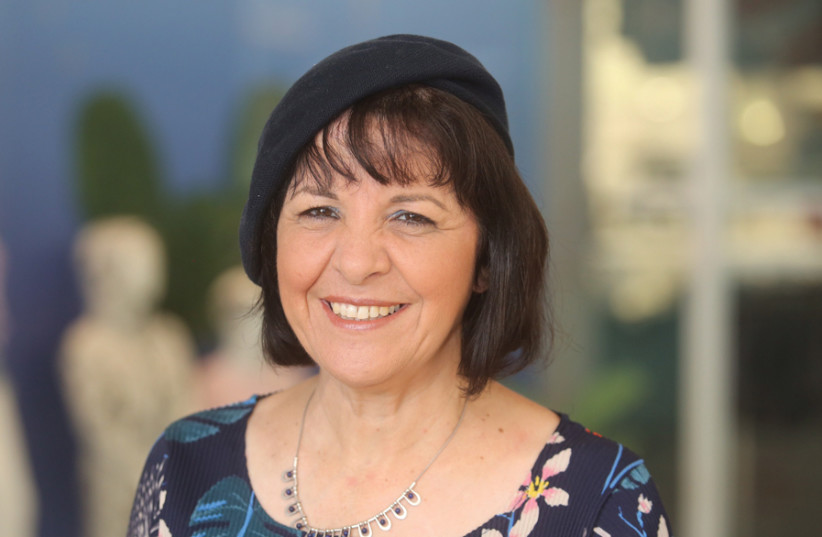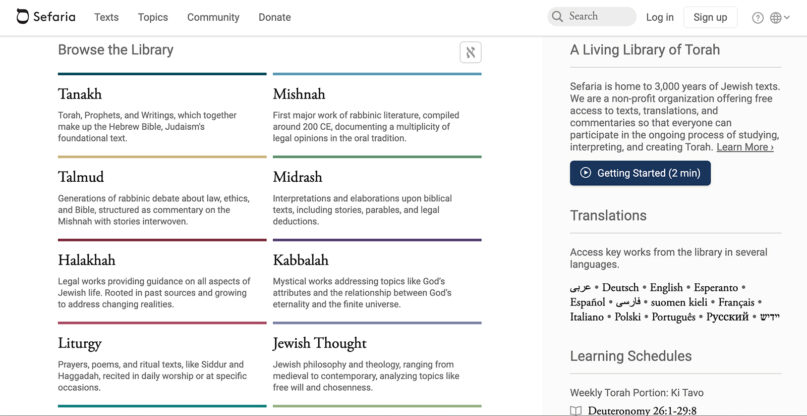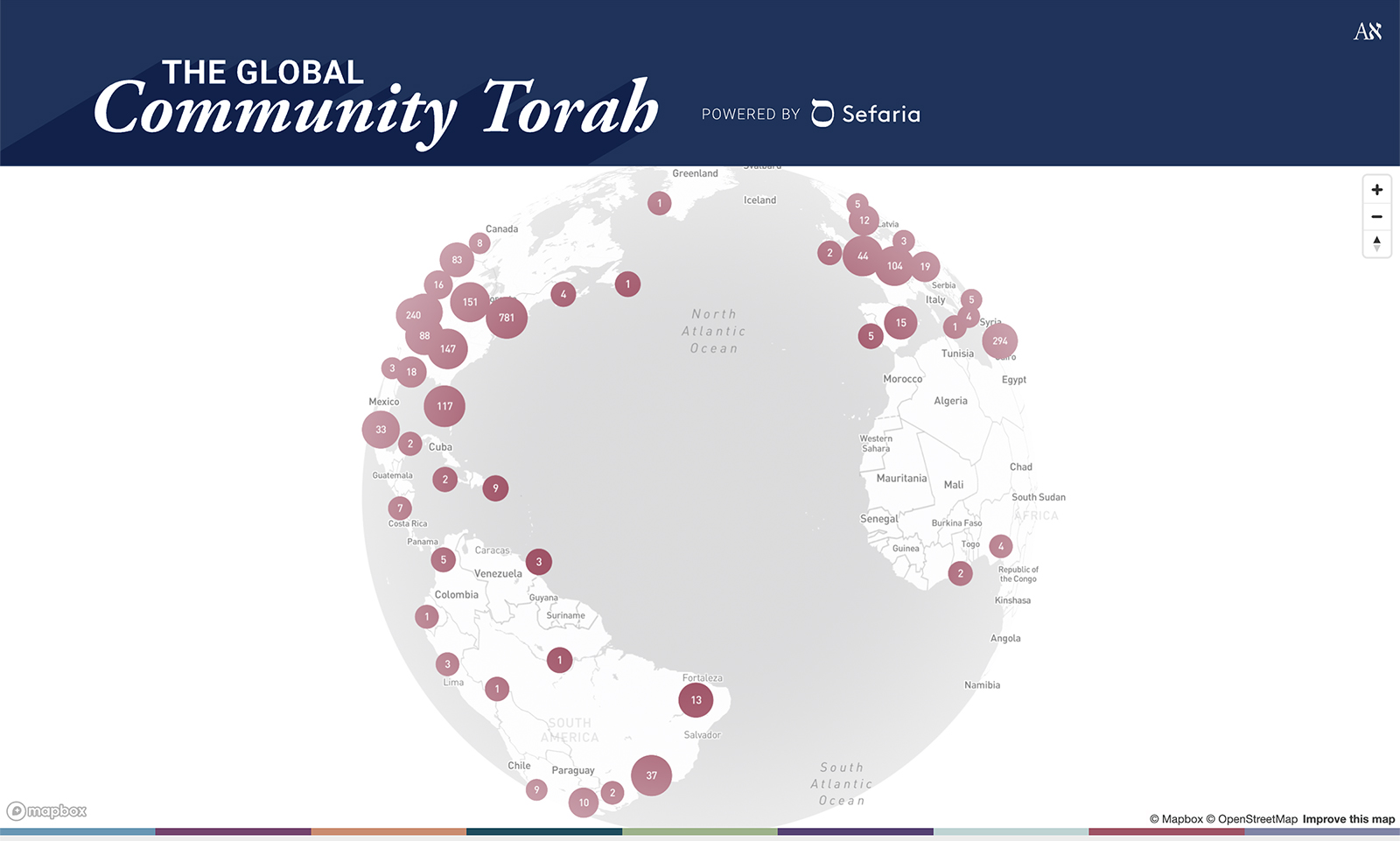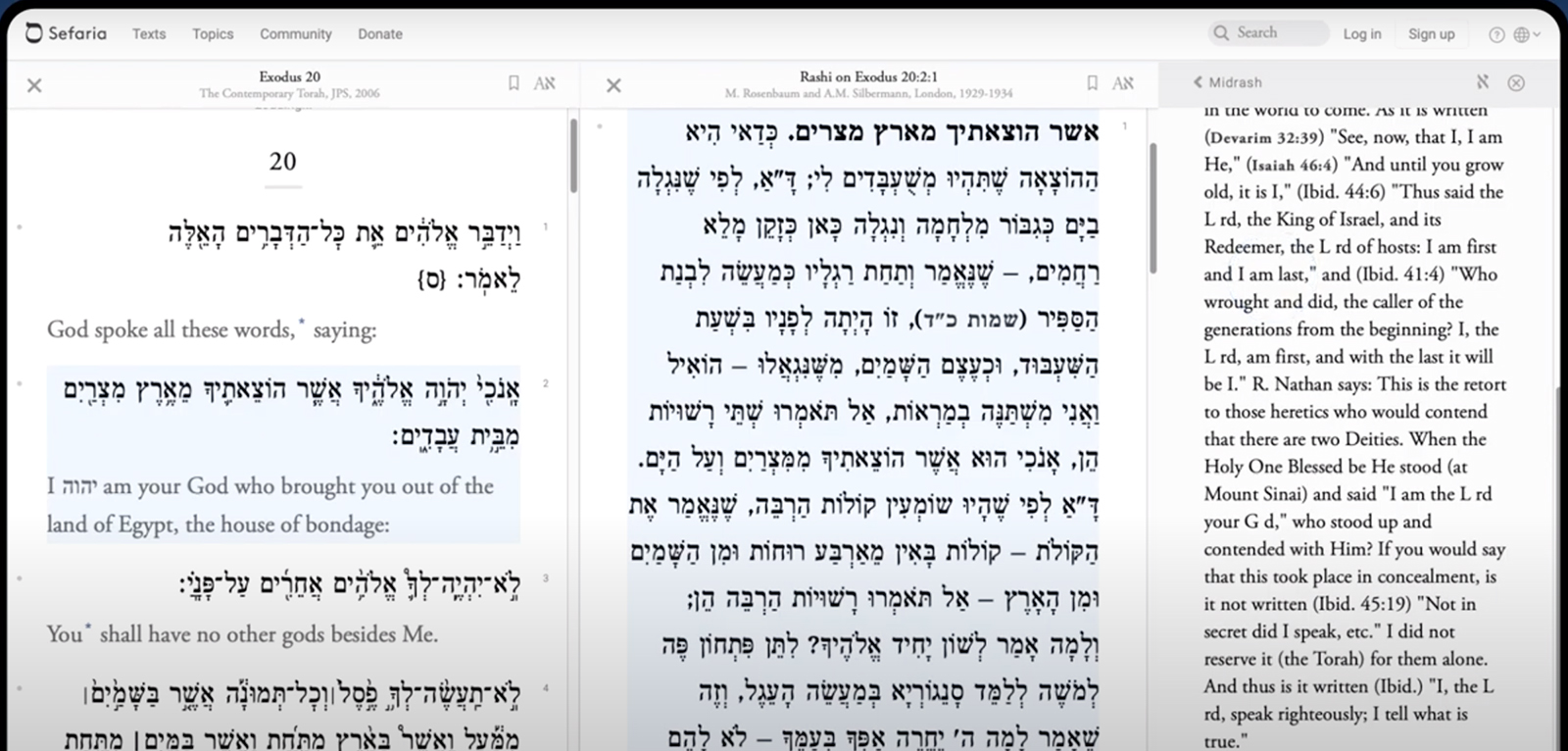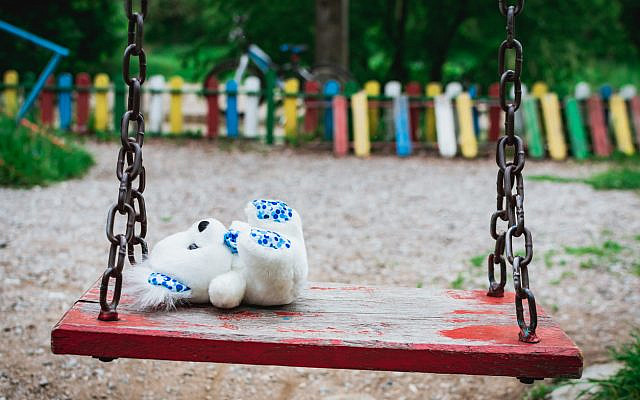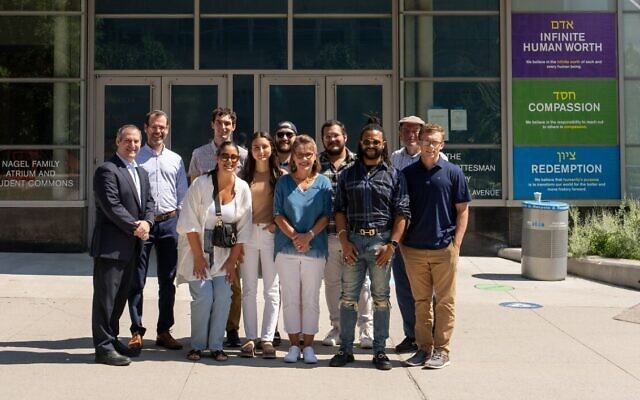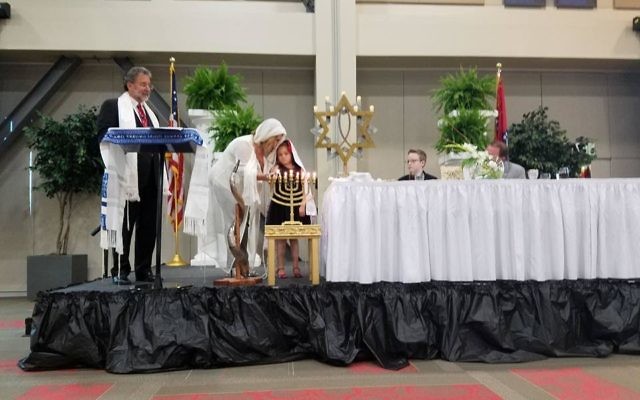Rav Shraga Feivel Mendlowitz was born in the town of Willig in Hungary in 1886 into a family of G-d-fearing Sanzer chassidim. At a young age -- when he was already studying Shulchan Oruch Yore De'ah with Shach, Taz and the Pri Megadim -- he had acquired a name as a scholar who brimmed with deep religious passion. He studied under the Arugas Habosem, the B'eer Shmuel, and the Shevet Sofer, Rav Simcha Bunim Sofer --the three leading gedolim of Hungary at the time, and received semichah from them.
A person of deep complexity and contemplation, he pursued Jewish philosophy and mussar privately, and at a young age had completed the entire works of the Maharal, Kuzari, Mesilas Yeshorim, and works of chassidus. He avidly studied the works of Rav Samson Rafael Hirsch in the original German. He saw Rav Hirsch as his ideal because Hirsch had successfully devised a religious Jewish weltanschauung that could stand up to the challenges of modernity. (Nothing showed his diverse interests more than the fact that he spent his entire wedding dowry on buying a set of Zev Yaavetz's history books.)
Although Rav Shraga Feivel appeared an unassuming young man, he had a rare strain of boundless idealism running through his fabric. When he came across the statement in the gemora that, "Were Israel to keep two Shabbosim in a row, the Redemption would immediately come" he promised himself then and there that he would work to draw the hearts of Jews back to their Father in Heaven.
In the early years of the twentieth century, when Jews all over the world were blindly rushing to embrace enlightenment, communism, socialism and every other "ism" besides their ancestral heritage, his dream appeared as unpractical, wishful thinking.
At age 22 he married, and settled near his father's home in the town of Humina. In 1913, he decided to leave for the U.S. for reasons never clearly defined by him. Before he left, he received a brocho from Rav Yeshaya of Krestira, who foretold that he would accomplish great things in America.
The first few years in the U.S. Rav Shraga Feivel spent trying his hand at different professions. Although an expert at the laws of shechita, he saw after a day that this profession did not suit him. He taught in talmud Torahs in New York, Bridgeport and Scranton, before he returned to New York and opened an ice cream business.
Although he still dreamed of opening a yeshiva, he had discovered that in the U.S., all the power was concentrated in the hands of a talmud Torah's president and board of directors, and the principal and teachers were viewed as merely low level servants. He dreamed of succeeding in his business and with the funds, opening his own yeshiva. However, his business was not succeeding as planned, possibly because his head was more in his Torah studies than in ice cream.
Kashruth and educating the public
Rav Shraga Feivel was a lover of Jewish liturgical music; he and chazzan Yossele Rosenblatt became friends and together created The Jewish Light (Dos Yiddishe Licht) newspaper. The intent was to inform the Jewish public about the awareness of their heritage, shmiras hamitzvas, the importance of keeping the kashruth laws; and they wanted to give their secular brothers an alternative to The Forward (and The Workmen's Circle/Bund). He was way ahead of his times; the public was not interested for the most part in their message, and the paper folded leaving them deep in debt.
Rav Shraga Feivel, realizing that his business enterprises were failing, in the summer of 1921, after being pursued by various members of the board, he finally agreed to take a teaching job at Yeshiva Torah Vodaath, which at the time was a "talmud Torah" rather than a yeshiva. Many of the teachers were not shomrei Torah and mitzvos, a very sore spot in the side of Rav Shraga Feivel, and added to his hesitancy of joining the school. He was certain that the Torah could only be learned, if taught by frum teachers. A series of illnesses that struck him didn't allow him to take the job until Elul 1923, when he was appointed to teach the eighth grade class.
Rav Nesanel Quinn, a student who had arrived the year before and later became principal of Jewish studies in the yeshiva, recounts, "In the first days after he came to the yeshiva, even the worst students began to feel more positive about their Jewish studies. He tried -- and succeeded -- in making Torah study beloved to them, and in giving them the feeling of closeness to Hashem. They began to keep mitzvos not out of habit but out of deep feeling. He imbued one with pride to study Torah, and that nothing in this world could compare to Torah study."
The Yeshiva Leaps Spiritually
The board hired Reb Shraga Feivel for just six months on a trial basis instead of a year, as they had done with all the previous principals, and if they weren't satisfied, they could fire him. To their surprise, Reb Shraga Feivel told them that he wasn't even interested in a six-month contract. He offered that they could hire him on the basis that if at any point they were dissatisfied, they could fire him on the spot. All the previous principals had insisted on a detailed contract for an entire year.
Rav Shraga Feivel began the next day. He found a group of cool, impassive teachers whose resentment of him bristled under the surface. The teachers too were all of Polish or Russian extraction, and they could not respect the Hungarian man who "lacked up-to-date scholastic and educational training" and proudly sported a beard and payos.
But as the following weeks unfolded, and each teacher had the occasion to meet and discuss topics with him, they soon stood open-mouthed before Rav Shraga Feivel's vast knowledge. The teacher who was expert in Hebrew grammar soon discovered that Rav Shraga Feivel was a giant in dikduk. The teacher whose specialty was Jewish history soon discovered that Rav Shraga Feivel knew far more than he.
Within a few weeks, the entire staff was united in their reverence and respect for the new principal who each admitted towered far above him. Rav Shraga Feivel began his innovative program right away.
On his first day as principal, Rav Shraga Feivel dictated a letter to the members of the board. He wrote them that a person cannot be balabos (board member) over a yeshiva unless he appreciates Torah. He demanded that every one of them attend a Torah shiur at least twice a week. The board members were astonished -- but they complied.
Rav Shraga Feivel gave a shiur in the home of Reb Benzion Weberman where he impressed the committee members with his deep religious, educational and personal ideals. They began to understand that it wasn't sufficient for a child to have a Jewish education only until his bar mitzva years, which was the standard in America until then.
In addition to winning over the rebbes and the parents, Rav Shraga Feivel soon was idolized by the students. They had never seen a principal who taught with such heart and neshomoh. On holidays he made assemblies and parties, and would dance with the students. He would sing soulful songs "Kadsheinu" and "Vetaheir libeinu" with such ecstasy that all the students were swept up with the same emotion.
"It isn't the slightest exaggeration to say that Rav Shraga Feivel blew a new soul into us, of a natural Jewish approach to our Torah. We could clearly sense how the Shechina was present in every class. A new spirit blew in the life of the yeshiva -- and all this he did quietly, without noise, without giving orders."
Torah Vodaath's name began to spread far and wide in New York. There was no longer any need to recruit bochurim for the yeshiva and the problem now became how to find enough room for all the boys. The crowding forced the committee to open classes in rented apartments around the district. Classes were held in the Keap Street beis hamedrash, the Lincoln business school, and the Beis Aaron shtiebel on Division Avenue. At the same time, the spiritual growth fostered by Rav Shraga Feivel kept pace with the physical growth of the yeshiva.
The Mesivta is Founded
The idea of a Jewish high school was still far-fetched. When the end of the year drew near, Rav Shraga Feivel persuaded the parents of the eighth-grade boys to keep their sons in the yeshiva for "just one more year." Rav Shraga Feivel arranged for the youths to study in a local high school at night where courses were offered for adults who had not completed their high school diploma. He knew such a school would have less of an influence on his students than learning in a public school with youth their age. Besides the hours at night devoted to secular studies, the boys studied Jewish studies from early in the morning and even late at night after they finished their secular studies.
When the end of the year came around again, Rav Shraga Feivel convinced the parents to agree to just one more year. And when that year finished, the parents were willing to agree to another year. At that point, he found himself with a group of high school youths whose dedication to Torah study remained strong and unswerving.
Says Rav Nesanel Quinn, one of the students of this group, "Our study day was long and exhausting, but Rav Shraga Feivel pushed us to study Torah additional hours, on our own initiative, as it were, until late at night. I remember that he sat and studied Torah with us every Thursday night until almost midnight, and we felt that Torah study was so sweet that we almost didn't feel tired. Our load of studies was not easy, particularly if you compared it to the study program in a public school. But none of us ever complained. The frequent recesses of course helped to release the tension, but mainly what helped was that in our society, everyone was working hard and no one had it easy. So the heavy load on us wasn't viewed as anything extraordinary. We were so busy with our studies that we virtually had no time to spend on small talk."
When Rav Shraga Feivel was ready to implement his next educational endeavor -- the Mesivta -- he already had a group of older boys who had spent 12 years in intense Jewish education and the idea of continuing Jewish studies after elementary school was becoming more palatable.
When Rav Shraga Feivel asked to open a full high school division, with structured Jewish and secular studies offered within the format of the school in 1927, his request met with resistance from the board. The board, truth to tell, had nobly maintained the elementary school through unflagging and exhaustive efforts, but to undertake the support of a high school on top of that was a burden that the members saw as overwhelmingly difficult and perhaps unjustified.
Mr. Avrohom Lewin, a board member backed Rav Shraga Feivel. Despite the failure of Mr. Lewin's business during the growing Depression that hit America in those years, he staunchly agreed to buy a building at 505 Bedford Avenue for the Mesivta (as Rav Shraga Feivel called the high school to differentiate it from the elementary school, which was called "the yeshiva").
Shortly after Mr. Lewin purchased it, taking out large loans in his name, a real estate agent offered to buy it back from him at a much higher price -- that would have landed him a profit equal to three years of livelihood. But Mr. Lewin passed the difficult trial, and made the building available to the yeshiva. Eventually, the committee board agreed to take the Mesivta under its wing and pay for its cost. However, the burden of running and maintaining it fell upon Rav Shraga Feivel.
It must be emphasized what an immense achievement this was. Not only had Yeshiva Torah Vodaath acquired a sterling name as a yeshiva with undiluted Torah values, but it was the only yeshiva at the time
with an excellent high school program. The other yeshiva schools, such as Rabbeinu Yaakov Yosef, Rav Shlomo Kluger and Tiferes Yerushalayim, were only elementary schools with at best afternoon programs for public high school students.
Rav Shraga Feivel's concept of the Mesivta program had no parallel in any yeshiva in the world -- and not just because he incorporated secular studies and a high school degree into the yeshiva. This in itself was an act of genius. He understood that for American Jewry to flourish, yeshiva boys must have a secular education. He insisted that his talmidim excel in the secular program as well. When he asked the European gedolim about the issue of secular studies in the yeshiva, the only shaila was could it be housed in the same building as used for limudei kodesh.(There were fanatics on the board, that insisted the yeshiva change its name from Torah Vodaath to a name that did not imply that there was daas outside of Torah. He strongly disagreed with that premise, as did Rav Samson Raphael Hirsch and the Rambam/Maimonides).
(Maimonides studied secular subjects like astronomy, medicine,
mathematics and philosophy — a medieval “liberal arts” curriculum. He was particularly captivated by the Greek philosophers
Aristotle and Plotinus; their ideas persuaded him that reasoned inquiry
was not only reconcilable with Judaism, but in fact its central
discipline. He had little
patience for those who cared more about the prestige of scholars than
the merits of their assertions and admonished his students: “You should
listen to the truth, whoever may have said it.”) (Commentary on the
Mishnah, Tractate Neziqin)
Besides gemora being taught on a high level, he insisted that the curriculum include Chumash and Novi with their commentaries, the meanings of the prayers, knowledge of the 613 mitzvos, Jewish law, and sifrei yirah and mussar such as Sha'arei Teshuvah, Mesilas Yeshorim, and for select students, even Doros Harishonim, the detailed Jewish history book written by Rav Y. Halevi. Many of the latter courses he personally taught. He saw the utter importance of giving his students a solid foundation in Jewish faith and hashkofo that was taken for granted in the European yeshivos.
The atmosphere of the yeshiva was an unusual mix of Litvish learning taught by great Litvish scholars some of whom he brought over from Europe, with chassidic enthusiasm and soul which he himself injected. He integrated different approaches from various groups in Klal Yisroel and knew how to create a harmonious synthesis that appealed to his American students.
Although his influence permeated the yeshiva and every student in it, he humbly kept himself to the sidelines and refused to accept the title of "Rosh Mesivta" or even the more routine title of "Rabbi." He could not be found at the Mizrach of the beis hamedrash during prayers. He was the hinge on which the entire yeshiva turned, but to the unknowing eye, he seemed just an unassuming person filling a nondescript role. Who had ever heard of a man who built an entire yeshiva with mesiras nefesh -- only to refuse to take the mantle of honor it would bequeath to him?
In the shiurim Rav Shraga Feivel gave to the classes of the Mesivta he spoke constantly of Eretz Yisroel and the negative effect of college (he later altered his opinion, and asked Rabbi Hutner to apply for a college charter from New York State, under changing circumstances and an evolving necessity for many talmidim).
Had he lived, a college would have been built under the auspices of Yeshiva Torah Vodaath.
CLICK ON IMAGES TO ENLARGE:
 |
| Courtesy of the Mendlowitz Family Archives and Philip Fishman |
MORE: http://failedmessiah.typepad.com/failed_messiahcom/2014/02/in-1946-americas-top-non-hasidic-haredi-rabbis-wanted-to-combine-their-yeshivas-to-form-a-jewish-university-567.html
In one shiur, to the astonished eyes of his students who didn't know if he was hallucinating or really meant it, he said that the day would come when he would found a kollel avreichim for them to continue their studies in Eretz Yisroel after their weddings. No one in their wildest dreams at the time even considered continuing their Torah studies after their weddings. Each student felt that his hands were full with just remaining in yeshiva for high school despite the disapproval of his parents, the mockery of his neighbors, the haughty looks of his more Americanized friends, and the spirit of materialism and heresy that blew in powerful gusts all around him.
The Mesivta grew, and Rav Shraga Feivel realized his dream of creating knowledgeable, deeply religious and committed Jews. Years later, he created Beis Midrash Elyon in an "unknown" town called Monsey near Spring Valley, where hand-picked married students engaged in high-level Jewish studies and where Torah students went in the summer for a combined program of summer relaxation and Torah study. This was the first kollel of its kind in the United States.
Wellsprings of the Mesivta
Rav Shraga Feivel created soldiers who went forth to Jewish communities outside of New York and founded yeshivas and saved the remnant of religious Jews from going lost. He sent students to found new yeshivos: Lakewood, Telz, and the Nitra Yeshiva, and he gave up his own sorely-needed supporters instructing them to help support new yeshivos that were opening up elsewhere. He founded Beis Midrash Elyon, for advanced Torah study at a kollel level. One of his greatest dreams came to fruition when Torah Umesorah, whose goal was to create day schools and yeshivos all over the world, was founded.
By the time Rav Shraga Feivel passed away in 1948, American religious Jewry was still small and tender, but had deep and strong roots. Yeshivas Torah Vodaath had sprouted numerous rabbis and activists that helped create the prominent religious Jewish communities that we see today spread out throughout the U.S. and Canada.
With the mighty personality of Rav Shlomo Heiman, the rosh yeshiva who taught the older bochurim of the Mesivta from the years 1933-1943, Rav Shraga Feivel produced the first team of Torah scholars of stature on American soil, all of whom had incubated in the classrooms of Torah Vodaath. They continued to reinvigorate Jewish religious life around the globe throughout the twentieth century.
The fabric of the American Jewish community began to change in the 1950s. The flood of survivors and the local religious community opened new yeshivos, the religious community burgeoned, a new religious-American weltanschauung developed which enabled a religious Jew to face American society with confidence and independence.
His love for his fellow Jew was expressed best by Rabbi Weissmandel in his book "The Unheeded Cry." "(Paraphrased) There was no rabbi in the U.S.A. that cared for the plight of European Jewry more than the saintly Rav Shraga Feivel, and helped greatly in the fundraising and hatzoloh efforts to save every Jew possible."
Rav Shraga Feivel took seriously ill in 1948. He was an ardent zionist; he urged his son in-law, Rabbi Alexander Linchner, to go to Israel and save the Sephardi children from secularism. Boys Town Jerusalem was established in 1949, the largest yeshiva/trade school of its kind anywhere in the world.
He asked that he be buried in a non-monumented grave in the Arugas Habosem cemetery on Long Island until the situation in Israel would enable his burial there. He was laid to rest in his final resting place in Bnei Brak. Rav Eliyahu Dessler zt"l, in his will, requested that he be buried next to Rav Shraga Feivel. Until this day, the Kehillas Arugas Habosem has left his original grave empty.
It is not an exaggeration to say that there was no man that impacted the American Jewish landscape with such purpose, clarity of thought, and vision, as the saintly Rav Shraga Feivel Mendlowitz, zecher tzaddik v'kadosh levracha.
(Much of the material was taken from Shlucha DeRachmana (written in Hebrew) by R' Aaron Suraski who interviewed many family members. Mr. M. Samsonowitz gathered and had written much of the material. Although this piece had other important figures mentioned in the establishment of the American yeshiva movement, upon extensive research, I had discovered that they were greatly exaggerated to the point of being fabricated, and could not at all discern the true from the false, so I eliminated that material entirely. The above edited piece, is accurate, although not the entire story.)






